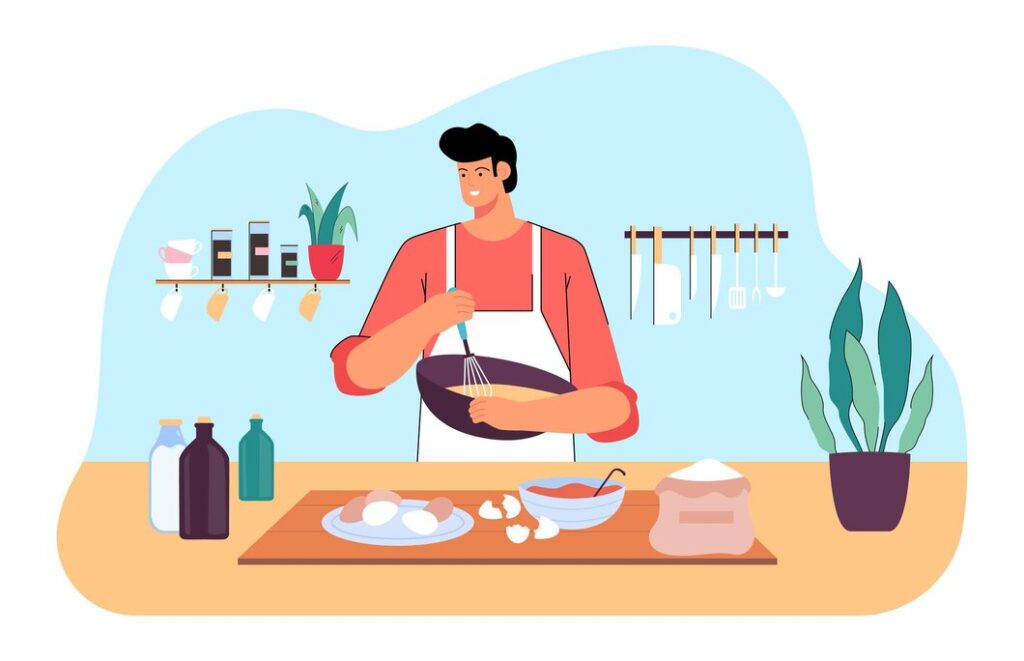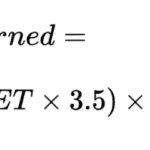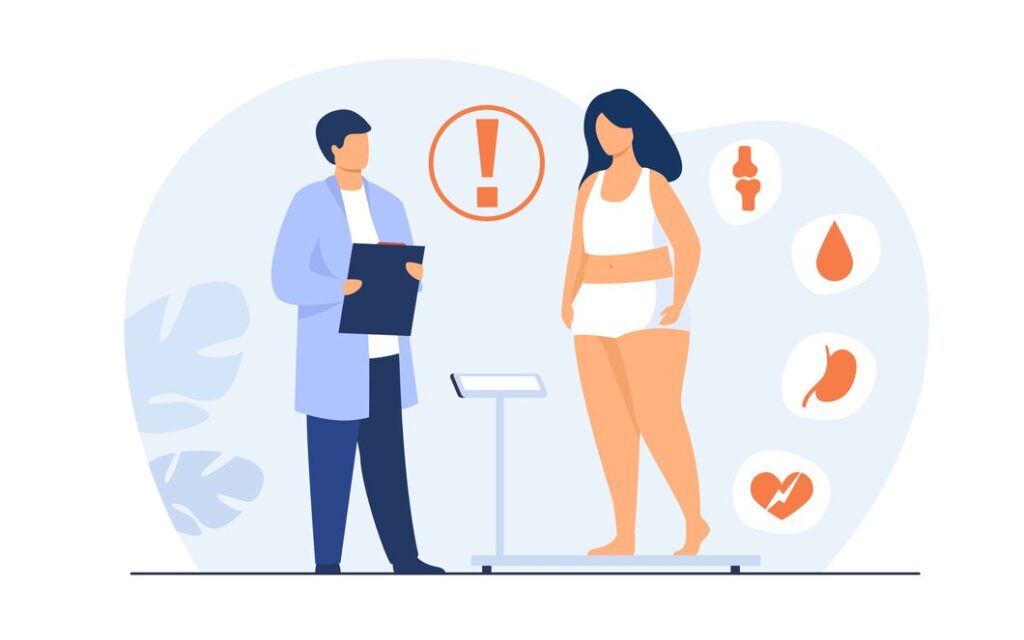Hydration Calculator – How Many Water Bottles A Day?
Keeping your body well-hydrated is key to supporting overall health and wellness. Water is vital for essential functions like controlling body temperature, delivering nutrients, and flushing out toxins. Yet, figuring out how much water you need each day isn’t always straightforward—it depends on things like your lifestyle, climate, and personal health. This guide is here to help you understand how much water you should be drinking daily, how to measure it accurately, and why staying hydrated matters.
Water Intake Calculator

Why Is Water Important (And Not Just a Beverage)?
Water is More Than a Thirst-Quencher
Water isn’t just a drink — it’s a nutrient. Every single cell, tissue, and organ in your body relies on it. Here’s why:
1. Keeps Your Body Running Smoothly
From regulating temperature through sweat to lubricating joints and maintaining blood pressure, water plays a fundamental role in maintaining balance.
2. Helps in Digestion and Absorption
Water breaks down food in the digestive system, helps dissolve nutrients, and transports them to where they’re needed. Without enough water, your gut can’t function efficiently.
3. Detoxification Engine
Water flushes toxins through urine, stool, and sweat. Insufficient hydration means your kidneys have to work harder — potentially leading to problems down the line.

What Affects Your Daily Water Needs?
Your hydration needs are dynamic. Here’s what you need to consider when deciding how much to drink.
1. Body Weight & Composition
Heavier individuals have more metabolic activity, and therefore, greater water requirements. Wanna find our your Ideal Weight? Our Calculator considers all these factors already but here is a basic rule of thumb:
Multiply your weight in kg by 35 mL
e.g., 70 kg × 35 mL = 2,450 mL = 2.45 L/day
2. Physical Activity Level
The more you move, the more you sweat — and the more water you need to replace.
- Light activity: +0.3–0.5 L/day
- Heavy workouts: +0.5–1 L/hour of exercise
3. Climate & Temperature
Living in a hot or humid environment? You’re probably losing water faster than you think. Even cold weather can increase water loss due to drier air and indoor heating.
4. Health Conditions & Medications
- Hypertension: Can cause dehydration if you’re on diuretics (water pills).
- Fever, vomiting, or diarrhea: Increase fluid loss.
- Kidney or liver disease: May require adjusted intake (consult a doctor).
Can hypertension cause dehydration?
Yes — particularly if medications flush out excess fluid and sodium.
5. Diet & Salt Intake
High-protein diets, salty foods (Find Salt content of different foods here), or caffeine can all dehydrate you. On the flip side, fruits and veggies with high water content (like watermelon or cucumbers) contribute to your hydration.
Daily Water Intake Chart
Here’s a basic guide to estimate needs based on body weight alone, For better results use the calculator above:
| Weight (kg) | Water per Day (Liters) |
|---|---|
| 50 | 1.75 L |
| 60 | 2.10 L |
| 70 | 2.45 L |
| 80 | 2.80 L |
| 90+ | 3.15 L or more |
This is your base level. Always adjust for your personal activity and climate!
Daily Water Intake Chart by Age & Gender
| Group | Recommended Intake |
|---|---|
| Children (1–8 yrs) | 1.0–1.4 L |
| Teen Boys (9–18) | 2.4–3.3 L |
| Teen Girls (9–18) | 2.1–2.3 L |
| Adult Men | 3.0–3.7 L |
| Adult Women | 2.2–2.7 L |
| Pregnant Women | 2.5–3.0 L |
| Breastfeeding Women | 3.0–3.8 L |

Find your Daily Water intake, See your Weekly Reports. Hydration, Nutrition, Progress. All Under One App.
Water keeps you alive, but wellness keeps you thriving. With Recipians, you don’t just track how many bottles of water you should drink a day — you build better habits across your entire lifestyle. From hydration calculators to food tracking, sleep monitoring, calorie insights, and chef-led recipes, Recipians is your all-in-one health partner.
Frequently Asked Questions About Water Intake
How Many Bottles of Water Should You Drink a Day?
The number of bottles of water you should drink a day depends on several factors, including your body weight, activity level, climate, diet, and overall health. However, there are general guidelines and detailed explanations that can help you understand how much water you need and why it matters. We often hear hydration advice in different units. Let’s break them down. You can use our Conversion Calculator to easily change water units for volume.
What Size Bottle Are We Talking?
| Bottle Size | Liters | Bottles Needed per Day (for 2.5L) |
|---|---|---|
| 250 ml | 0.25 | 10 bottles |
| 500 ml | 0.5 | 5 bottles |
| 1 liter | 1 | 2.5 bottles |
A glass of Water is How Many Ounces?
- Standard glass = 8 oz = 240 mL
How Many Cups Are There in 2 L of Water?
- 1 cup = 250 mL
➡️ 2 L = 8 cups
How Much is 2 Liters of Water in Ounces?
- 2 L = 67.6 oz
4 Liters of Water is How Many Water Bottles?
➡️ 4 L = 8 bottles (500 mL each)
How Many Water Bottles Make a Gallon?
1 US gallon = 3.78 L
➡️ ~7.5 standard bottles
Benefits of Water – Why Is water Important?
Water — it’s the most basic necessity of life, yet one of the most overlooked. We often take it for granted, sipping from bottles or turning on taps without much thought. But this simple substance is at the heart of every living process in your body. Whether you’re aiming for better skin, sharper focus, or simply want to stay healthy, water is your best friend.
1. Hydration: Fuel for Every Cell
Our bodies are made up of about 60% water. Every cell, tissue, and organ depends on it to function properly. From regulating body temperature to cushioning joints and flushing out waste — hydration is the key. Even mild dehydration can cause fatigue, dizziness, and headaches.
2. Boosts Brain Function
Feeling foggy? Water might be the solution. The brain is strongly influenced by hydration levels. Studies show that even slight dehydration can impair mood, memory, and concentration. Staying hydrated improves alertness and mental clarity.
3. Supports Digestion and Detoxification
Water helps break down food, absorb nutrients, and move waste smoothly through the digestive tract. It also supports kidney function by flushing out toxins. Without enough water, your system slows down — leading to constipation or kidney stones.
4. Promotes Healthy Skin
Want glowing skin? Water helps keep it moisturized, elastic, and youthful. Dehydration can cause dryness, irritation, and make wrinkles more noticeable. Hydrated skin looks plump, clear, and radiant.
5. Regulates Body Temperature
Through sweating and respiration, water helps your body stay cool under pressure — literally. During workouts or on hot days, it prevents overheating and helps maintain optimal body function.
6. Aids in Weight Management
Drinking water before meals can reduce hunger and prevent overeating. It’s also a zero-calorie alternative to sugary drinks, helping cut down daily calorie intake. Sometimes, thirst is mistaken for hunger — so sipping water might stop you from reaching for unnecessary snacks. Find our Weight loss calculator here
7. Boosts Physical Performance
Whether you’re hitting the gym or taking a long walk, water supports muscle function and endurance. Dehydration can lead to muscle cramps, fatigue, and reduced motivation. Staying hydrated keeps your energy levels up and recovery time down.
8. Protects Vital Organs and Joints
Water acts as a cushion for the brain, spinal cord, and joints. It keeps your joints lubricated, helping reduce pain and inflammation, especially for people with arthritis or active lifestyles.
What Type Drink is Water?
You might see “type of drink” labelled in beverage databases. Water is considered a non-caloric, non-nutritive beverage, but ironically, it’s the most essential one.
Does Water Have Calories?
No. Water contains 0 calories, zero sugar, and zero fat.
It hydrates without adding to your calorie count — making it ideal for weight control.
How to Know How Much Water is in a Beverage?
If you’re drinking other liquids, not all of them hydrate equally.
| Beverage | Hydration Score |
|---|---|
| Water | 100% |
| Herbal Tea | 95% |
| Milk | 90–95% |
| Fruit Juice | 85–90% |
| Soda | 89% |
| Coffee | ~90% |
| Alcohol | – (Diuretic) |
Read beverage labels for total volume — especially for hydration tracking.

Final Thoughts: Stay Consistently Hydrated
Water fuels your body, protects your organs, improves your skin, and helps you stay sharp. But it’s not about chugging — it’s about steady intake throughout the day. Use tools like our hydration calculator, track your bottles, and listen to your body’s signals. Hydration isn’t a trend — it’s a lifestyle.





